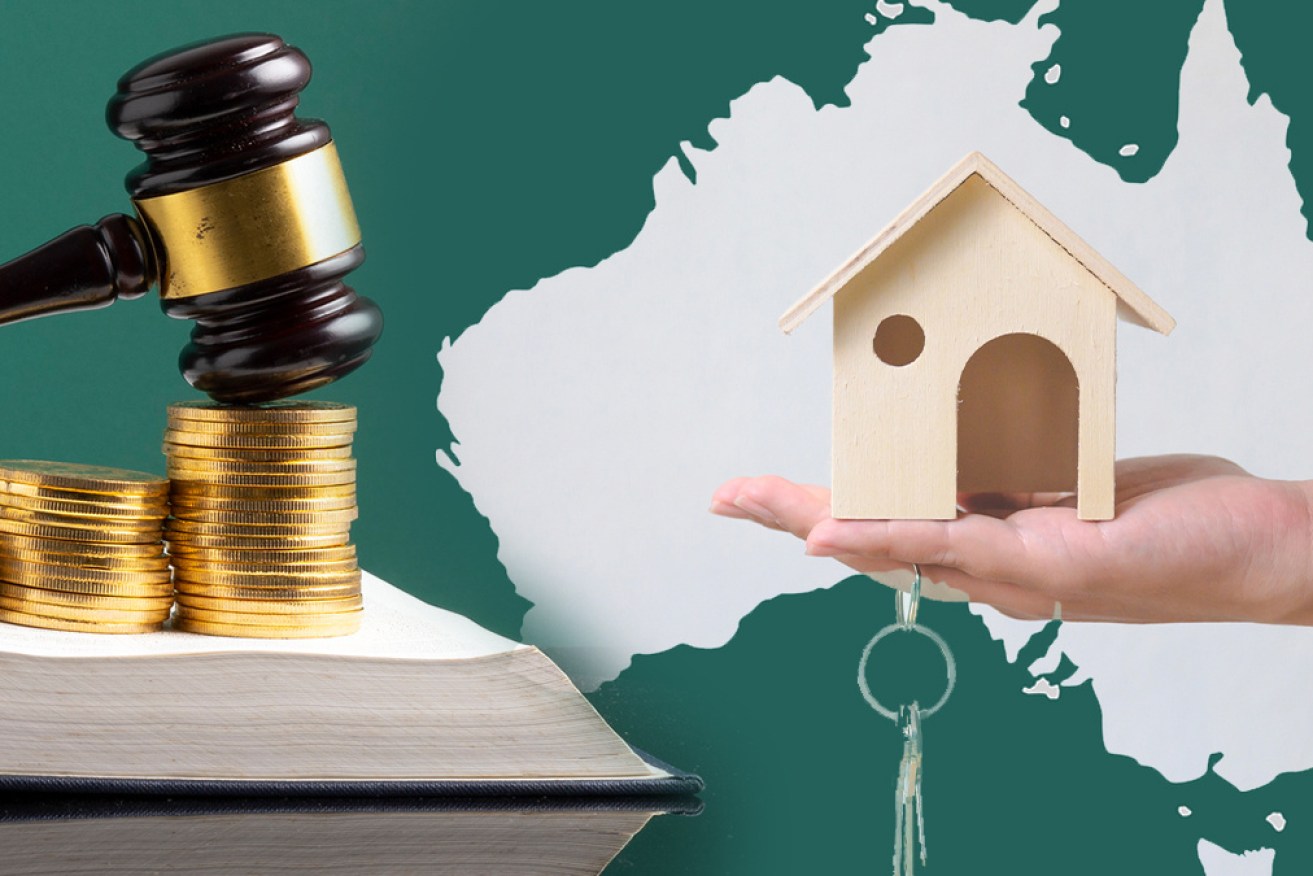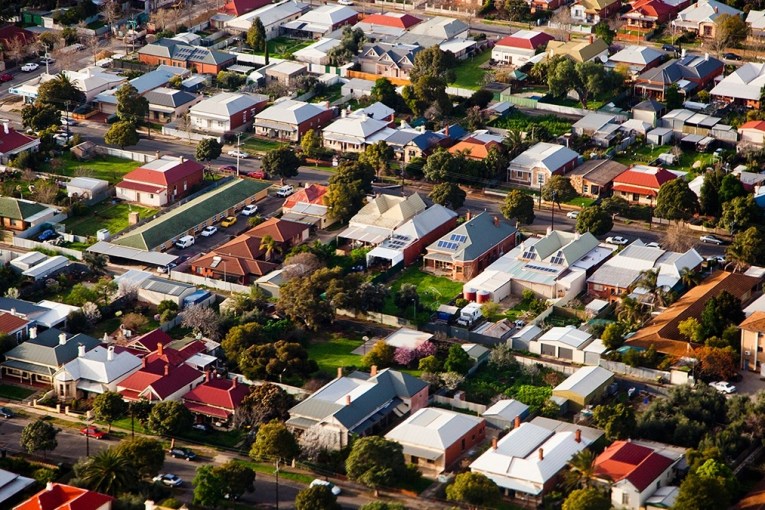How state governments are supporting renters during the coronavirus


State governments have made temporary changes to rental laws.
Australian tenants experiencing rental stress amid the coronavirus received much-needed relief after the federal government declared a nationwide moratorium on evictions.
Scott Morrison last month said the new rules would prevent renters affected by the pandemic from being evicted for six months.
But he left it up to the states to determine exactly how to implement the changes, leading to stark differences across the country.
New South Wales
NSW’s rental assistance package includes a six-month moratorium, but it’s slightly more complicated.
The package features an interim 60-day stop on landlords applying for rental eviction if their tenants are financially disadvantaged because of the coronavirus.
Tenants could remain covered by a six-month moratorium if members of the household prove they have lost employment or income (at least 25 per cent) or fallen victim to coronavirus.
The NSW government has encouraged landlords to negotiate a rent reduction with their tenants “in good faith” before taking further steps.
However, landlords who feel formal negotiations have failed can then apply to the NSW Civil and Administrative Tribunal after the 60-day timeframe to recover their property, if they are also in financial hardship.
Any tenants evicted during this time will not be blacklisted.
Victoria
Victoria introduced a six-month ban on evictions and rental increases as part of its $500 million rental assistance package.
And landlords will receive a 25 per cent discount on their land tax if they provide rental assistance to tenants impacted by the pandemic.
Tenants left unsatisfied by rent negotiations can also enter a fast-tracked mediation process to resolve any disputes with their landlord.
The state also introduced a $80 million rental assistance fund for tenants with less than $5000 in savings and still forking out at least 30 per cent of their income for rent.
Eligible tenants could receive up to $2000 in relief payments.
Queensland
Queensland’s range of coronavirus-related tenancy laws will pass through the state’s Parliament on Wednesday, following initial opposition from the Real Estate Institute of Queensland.
Among the measures, tenants who can prove they have lost at least 25 per cent of their income because of the pandemic can claim rental relief worth up to four weeks’ rent, up to a maximum of $2000.
They can also access the payments if their rent exceeds more than 30 per cent of their income.
The state will also enforce a six-month moratorium on evictions if a tenant falls in arrears on paying rent, and landlords will be prohibited from evicting tenants if their lease expires.
But tenants can break off an agreement (with capped fees) if they have lost 75 per cent of their income.
South Australia
South Australia amended its Residential Tenancies Act in March, ensuring renters could not be forcibly evicted from their homes if they cannot maintain pace with rent.
The changes also forbid landlords from increasing rent during the pandemic, even if tenancy agreements allow such alterations in regular times.
Routine inspections also received a major overhaul, with tenants now allowed to walk landlords through their home via FaceTime or time-stamped photos to limit social interaction.
Tasmania
The Apple Isle was the first to formally legislate a moratorium on evictions, with tenants affected by the coronavirus outbreak granted immunity from forced evictions until July 25.
Evictions for reasons other than rent arrears will be reviewed after 90 days (June 30).
However, the state suggested renters maintain their payments, as the period is not considered a rental holiday.
The amendments also allow both renters and landlords to enter a lease termination if they can demonstrate they are experiencing significant hardship.
Western Australia
WA legalised its six-month moratorium on evictions on Tuesday, with Premier Mark McGowan saying the changes were designed “so people can stay at home … and continue to survive”.
It has also introduced a prohibition on rent increases, extensions on fixed-term tenancies, provisions for non-urgent rental repairs, and easier access for tenants to break off a fixed-term tenancy.
Territories (ACT and NT)
The nation’s capital instituted a short-term ban for rental evictions if a renter has fallen in arrears on payments and a freeze on rental hikes.
Landlords will also receive tax relief in the form of a land tax rebate, if they grant a 25 per cent reduction in their tenants’ rent for the six-month moratorium.
Northern Territory’s Parliament will formalise its emergency measures on Friday, which are expected to include amendments to the state’s tenancy act.








